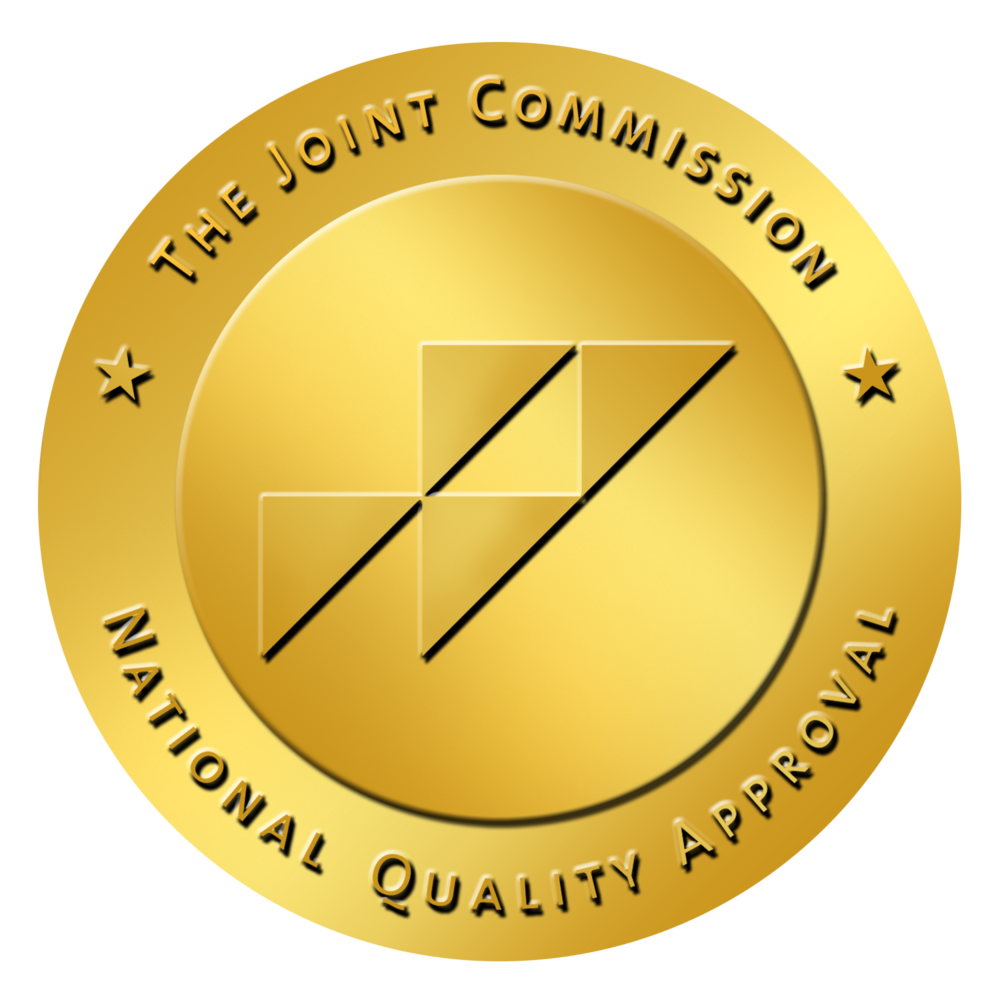Horticultural therapy combines the healing power of nature with therapeutic techniques to support recovery from mental health disorders, substance use disorders, and other health conditions. By engaging in plant-based activities, gardening, and mindful interaction with the natural world, individuals can experience measurable improvements in both physical and mental health. At Aliya Mental Health, we integrate horticultural therapy programs into treatment plans to help patients reduce stress, enhance social skills, and foster a deeper sense of purpose and connection.
What Is Horticultural Therapy?
Horticultural therapy (HT) is a structured form of nature-based treatment in which trained professionals—known as horticultural therapists—use gardening and plant care to achieve specific health goals. Sessions may involve growing plants, creating floral arrangements, or participating in guided nature activities to promote relaxation, emotional balance, and personal growth.
A Brief History of Horticultural Therapy
The use of plants for healing dates back centuries, with evidence of horticulture therapy practices in ancient Egypt, China, and Native American traditions. In the United States, horticultural therapy became recognized in the 19th century as physicians began recommending gardening to reduce stress and improve mood. Today, organizations like the American Horticultural Therapy Association (AHTA) and the Horticultural Therapy Institute continue to expand research and training in this field.
Horticulture Services in Mental Health Treatment
At Aliya Mental Health, horticultural therapy services are designed to nurture both mind and body. Programs may include:
- Individual or group sessions with a horticultural therapist to create a personalized treatment plan.
- Guided nature walks and hikes to increase physical activity and reduce blood pressure and heart rate.
- Plant-based art or crafts workshops that promote creativity and emotional expression.
- Educational workshops on gardening techniques and plant care, building confidence and lifelong skills.
These services complement traditional therapies and help patients reconnect with the environment while fostering healthy habits.
What To Expect in a Horticultural Therapy Program
Horticultural therapy sessions are tailored to individual needs and comfort levels. Activities may take place in a therapeutic garden, greenhouse, or outdoor setting. A horticulture therapist guides participants through purposeful tasks that support mental and physical well-being.
Horticultural Therapy Activities
Common horticultural therapy activities include:
- Planting seeds and caring for plants to develop patience and responsibility.
- Creating floral arrangements to encourage mindfulness and creativity.
- Harvesting fruits, vegetables, or herbs to experience the rewards of growth.
- Gardening as a form of light physical activity that improves mobility and mood.
- Nature walks to reduce stress and improve heart health.
Benefits of Horticultural Therapy
Studies show that horticultural therapy offers a wide range of health benefits, supporting recovery for people with mental illnesses, substance abuse disorders, and chronic health conditions.
- Improves heart rate, lowers blood pressure, and reduces stress hormones.
- Provides gentle physical activity that enhances strength, flexibility, and balance.
- Supports immune function and overall health care outcomes.
- Reduces symptoms of anxiety, depression, and PTSD.
- Enhances emotional regulation and mind-body connection.
- Promotes a sense of accomplishment and purpose.
- Improves social skills through teamwork and shared activities.
- Strengthens relationships with peers, family members, and therapists.
- Builds community and a sense of belonging.
- Encourages sustainable gardening practices and environmental stewardship.
- Connects individuals with the rhythms of nature and seasonal cycles.
FAQ About Horticultural Therapy
Horticulture is the science and art of growing plants, including flowers, fruits, vegetables, and ornamental species.
Kinship in horticulture reflects a deep respect for plants as living relatives, fostering mindfulness and gratitude during gardening activities.
Horticulture therapy is a form of treatment that uses plant-based activities to improve physical and mental health.
A horticultural therapist guides individuals or groups through therapeutic gardening activities to support specific mental and physical health goals.
People of all ages with mental health conditions, chronic illnesses, substance use disorders, or those seeking stress relief can benefit from horticultural therapy.
Our Holistic Approach to Mental Health Treatment
Aliya Mental Health integrates horticultural therapy with research-based treatments to address the whole person—mind, body, and spirit. patients can participate in horticultural activities alongside traditional therapies such as counseling, trauma-informed care, and medication management. This holistic approach empowers individuals to develop self-care skills, improve emotional regulation, and find healing in the natural world.
Horticulture Programs Near Me
If you’re looking for horticultural therapy near me, Aliya Mental Health offers accessible, compassionate care across the United States. Whether you’re recovering from mental health disorders, addiction, or the effects of trauma, our horticultural therapy programs provide a nurturing environment to reconnect with nature and yourself.






